Company directors hope for clear election result
Company directors say a clear major-party victory in this year’s federal poll will deliver greater business certainty. They also want a better go for women.
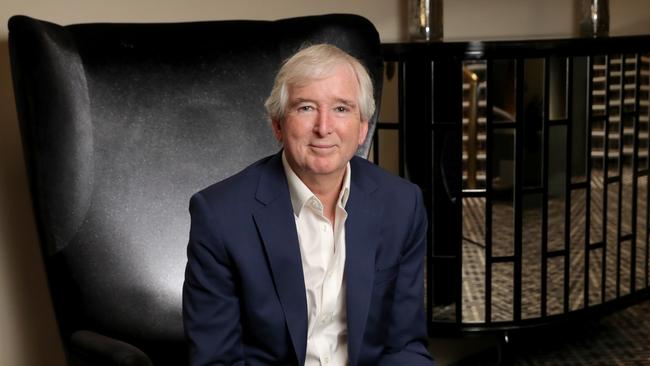
A clear victory by one of the major political parties in this year’s federal election and decisive action to end workplace discrimination and harassment against women top the wishlist for some of the nation’s leading company directors.
As the Omicron variant exacerbates supply-chain disruption and threatens the pace of recovery, directors said Australia’s economic fundamentals were sound and the nation was primed for growth, with corporate balance sheets in excellent shape and the consumer sector “an absolute powerhouse” before its recent dip.
Longer term, however, there were “plenty of things” to worry about, notably the impact of a global hike in interest rates.
Aristocrat Leisure and Costa chair Neil Chatfield told an Australian Institute of Company Directors roundtable – moderated by The Australian – that any significant boost in business confidence depended on the emergence of a clear majority in the federal poll, due by May 21.
“I just think that if we want governments to be about leadership and confidence, then we need clear majorities and not these splintered groups,” he said.
“Unless we’ve got leadership and confidence, I think politics doesn’t work at all.”
Transurban, Aviva and Future Fund non-executive director Patricia Cross said she was hoping for a Coalition victory, “because, frankly, I think they’re better at managing the economy, and I think they’re best for business”.
The issue of discrimination against women, and female participation and advancement in the workforce, resonated strongly with some directors.
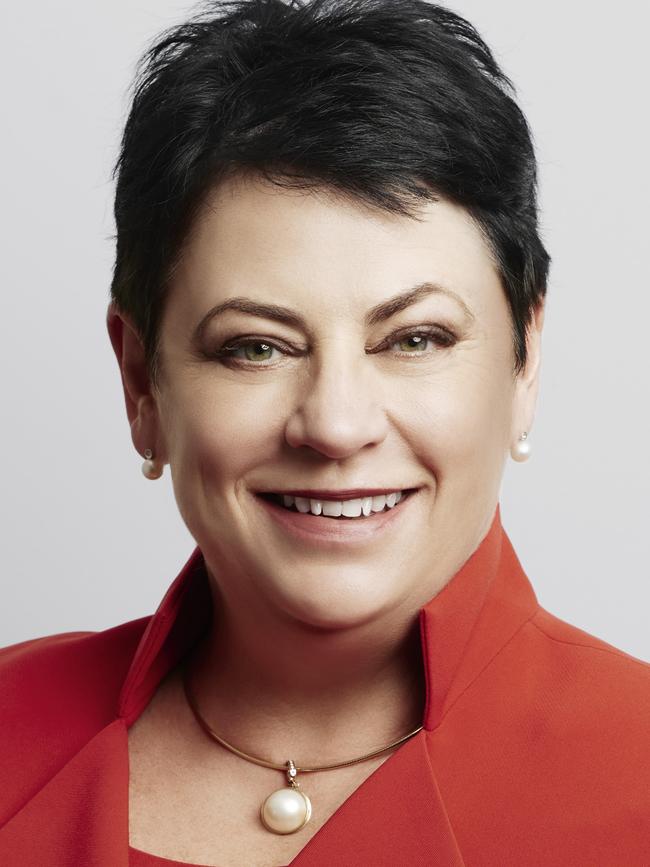
Lendlease and Macquarie Group non-executive director Nicola Wakefield Evans said Australian women were probably the best educated in the OECD, but encountered discrimination “pretty much from the time they start working”.
“We’re all concerned about labour shortages, and we’ve got lots of parts of our economy that we’re just not supplying the workers to out of university, but if we could get women into work, and to stay in work, and help them financially with parenting and running both a job and a family, that goes to the bottom line,” she said. “If you get women back into the workforce, it’s accretive to GDP.”
Tabcorp and Vicinity Centres non-executive director Janette Kendall agreed, saying it was “shameful” that Australia was still talking about workforce participation for women and the need to address childcare for both working parents when the “solution is staring us in the face”.
“We know what the positive economic impact of that is, and wouldn’t it be wonderful if this election actually delivered some significant reforms in that area?” Ms Kendall said.
Mr Chatfield called for greater co-operation between the states and the federal government to keep the country on a “sound footing”.
“I think we’ve already got quite a lot of stimulus in the economy anyway, particularly around small business support, depreciation, write-offs, that sort of stuff, so I wouldn’t expect too much there,” Mr Chatfield said.
“But we need to have a decent focus on housing affordability, which has really come to the fore during the last two years, and I think the other piece that really deserves attention is education.”
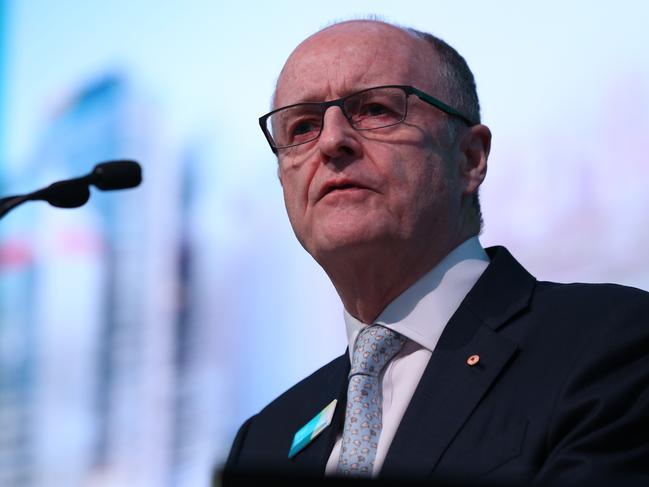
Lendlease chair Michael Ullmer hopes the electorate will exert pressure on Canberra to stop the “short-term political bickering” and instead consider some serious, longer-term issues.
Among them were an understanding of the importance of immigration to the long-term economic growth of the country, and simplification of state planning systems.
In its last board meeting in 2021, the Reserve Bank struck an optimistic note about the economic outlook. Keeping rates on hold for the 12th consecutive meeting, directors said the economy was rapidly recovering after the interruption to growth caused by the outbreak of the Delta variant.
While high vaccination rates and significant policy support continued to underpin the recovery, they said the emergence of the Omicron variant was a new source of uncertainty, but it was not expected to derail the recovery.
A month before, and in contrast to other advanced economies including New Zealand, the RBA said it wouldn’t hike rates until at least 2023, when wage increases from a tightening labour market were expected to drive inflation into the target band of 2-3 per cent.
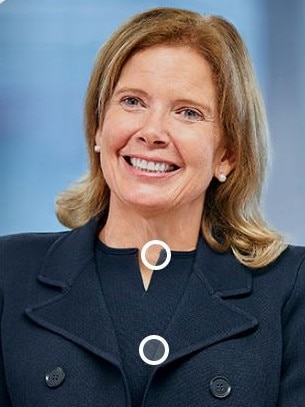
Ms Cross said she was optimistic about the economy, with the consumer “an absolute powerhouse” before Omicron took hold.
“But there’s a lot of things that we can’t lose sight of and if they really went the wrong way, you could find yourself in a stagflationary environment,” she said.
“I’m especially worried about how tighter monetary policy is implemented, especially here, because there is the possibility of a policy misfire with the Reserve Bank very focused on wage growth and not really looking at other things that are inflationary indicators.”
Global rate increases were concerning against a backdrop of ballooning debt.
“Everybody’s just been printing money,” Ms Cross said.
“And so a tighter monetary policy on a co-ordinated basis will deflate that balloon pretty quickly.”
In the shorter term, Mr Chatfield said corporate and household balance sheets were in “very, very good shape”, and there was still a fair amount of stimulus circulating in the economy.
“So I think the settings, at least in the short to two-year time frame, are pretty strong, but it has to be tempered by the uncertainty with Covid, both in this country and offshore, and we have continuing supply-chain pressures right across the world,” he said.
“From what I understand, these supply-chain issues are with us for a fair bit of 2022, so that will temper, I think, any sort of stronger growth.”
Mr Ullmer, a former NAB deputy chief executive, was reasonably sanguine about the national debt, which is expected to hit $1 trillion sometime this year.
“I’m positive about the speed at which economies have recovered,” he said. “We’ve seen a complete change in the political narrative around Covid to learning to live with it, and there’s been this massive optimism that’s evident in the consumer.
“So I think the question is: to what extent could strong underlying economies pare back these fiscal positions much quicker than people have assumed?”


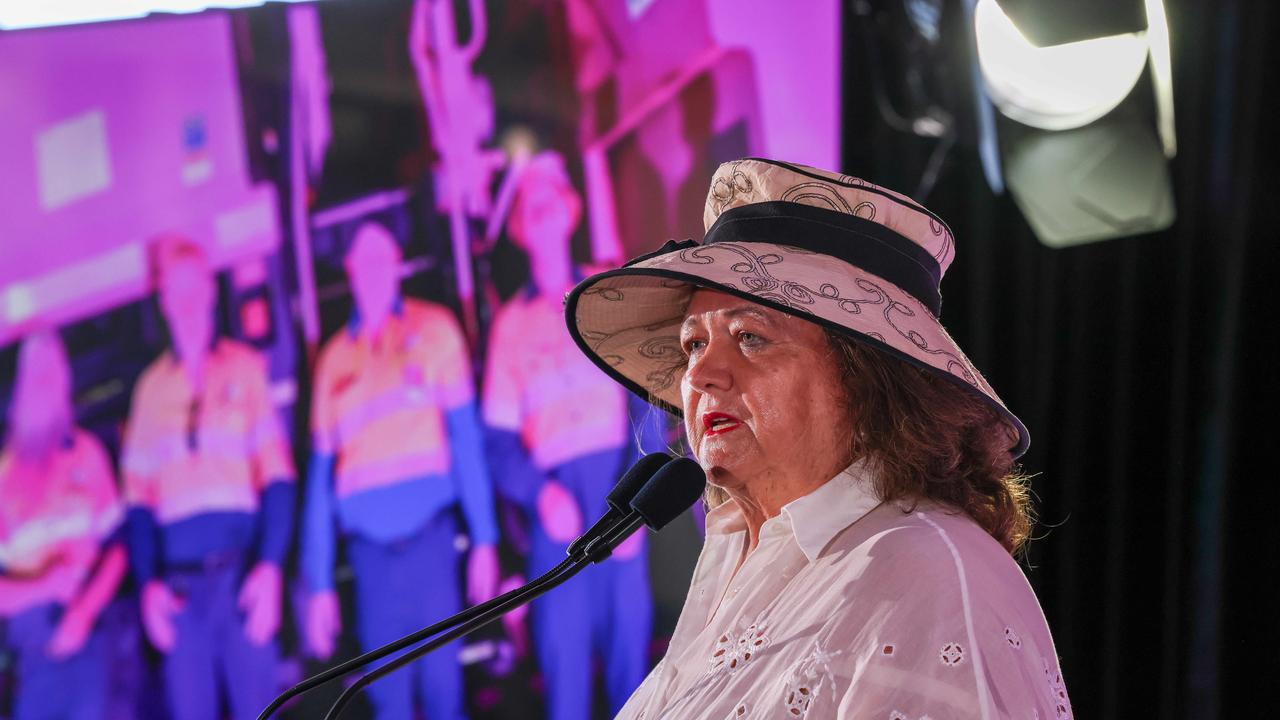
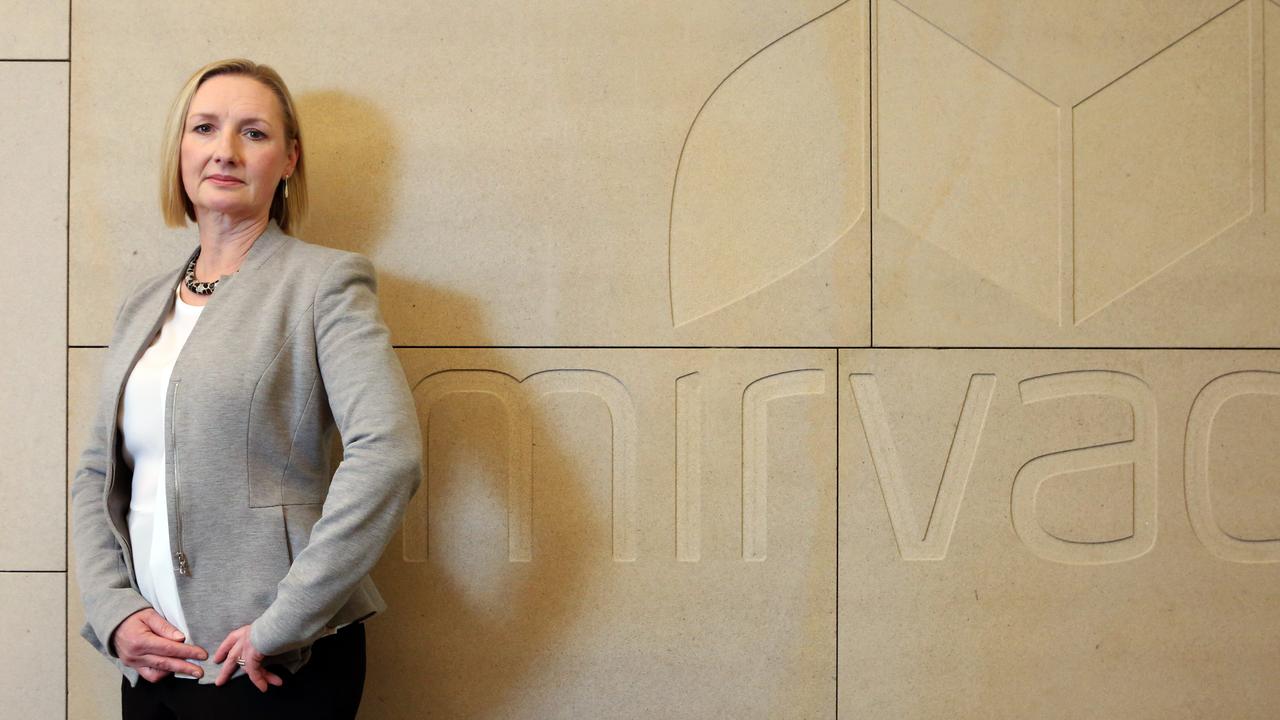
To join the conversation, please log in. Don't have an account? Register
Join the conversation, you are commenting as Logout